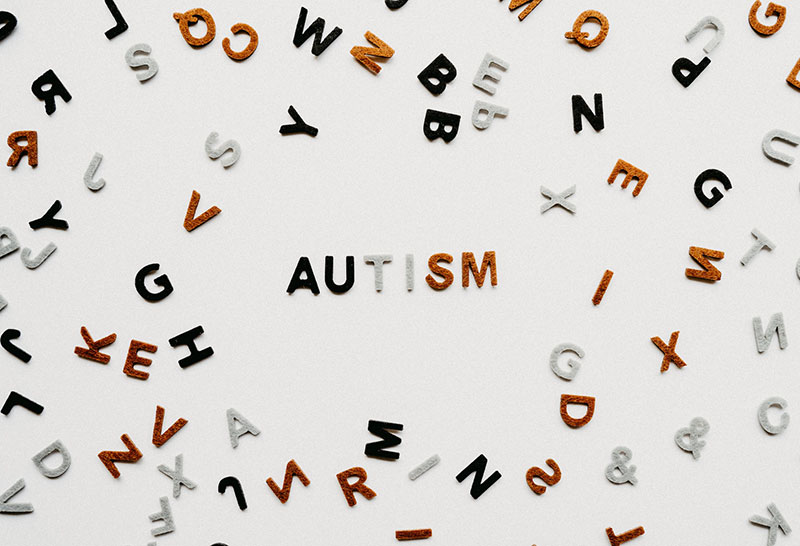10 Hacks for Home
- Stay focus on what is good, what is right, what is true, and invite joy
- Stay hydrated and keep moving forward
- Give yourself Grace and practice the D.R.E.A.M. –
- Diet
- Rest
- Exercise
- Activity Outdoors
- Mindfulness
- Create a private, electronic free, comfy zone in your home and retreat there for at least 15 minutes daily
- Avoid triggers when possible and push forward with a professional, and use the T.R.A.U.M.A. acronym to help
- Trigger Timeout: Give yourself a moment,
- Remove: Step away or distance yourself from the trigger,
- Accept your body’s response,
- Understand: You are responding to a past event – the physical response will pass
- Management Mindset: Recruit a friend or a sensory tool to help you tolerate triggers
- Advantage Action: Develop a plan to work through or around your trigger moments
- Set aside time every day for focused breathing – 4 seconds in – 4 seconds hold – 4 seconds out
- Your eyes guide your thoughts- Post positive statements and your favorite colors everywhere
- Role Play for new events or encounters with a family member
- Go out of your way to do something nice for your biggest supporter daily
- Be grateful
10 Hacks for School and Work
- Play to your strengths – let others know where you shine
- Don’t lead with your lack- share your life hacks to help empower others
- Recruit a friend to provide you support at work and let them know when you are struggling.
- Use the R.E.S.P.O.N.D. acronym to help guide you through difficult situations. Respond with:
- Respect
- Expressed optimism – a smile or kind facial expression
- Safety in mind – no offensive language
- Positive outlook
- Outcome in mind – Try to end the encounter well
- No Negativity
- Deliberately exchange – Work to make eye contact
- Create a specific plan to manage triggers and compulsions at work and use it
- Know the accommodations that work for you and use them
- Take a walk on your lunch break – stay physically active at work
- Document your day to help identify and avoid ASD pitfalls
- Keep a journal and review monthly to recognize your progress and milestones
- Go out of your way for others and others will likely return the favor

